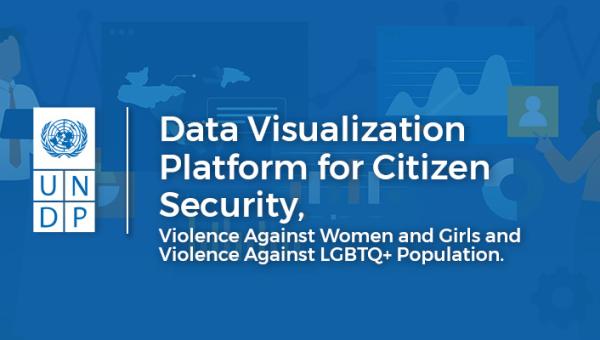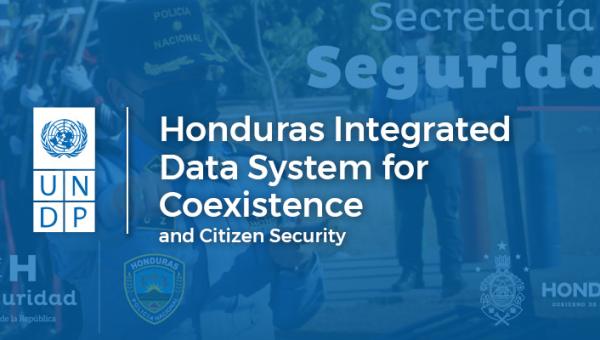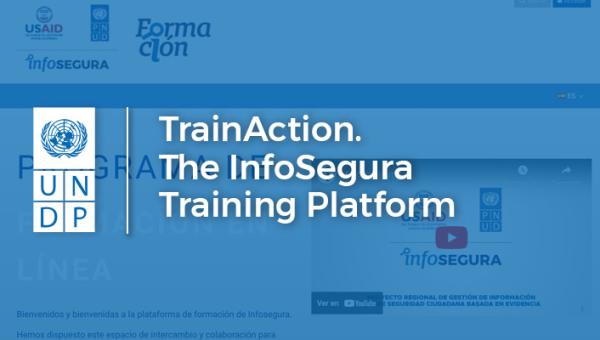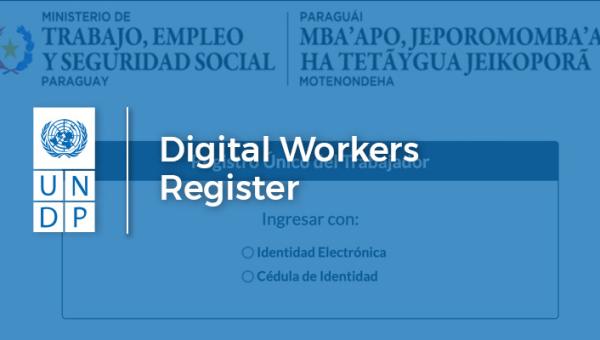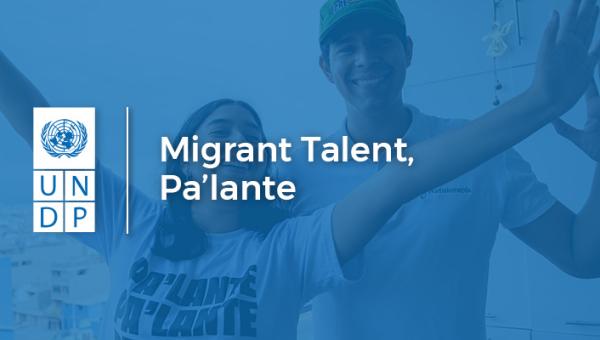Empowering Doctors:
Breast Cancer Detection

Project Owner: UNDP Bolivia
The collaborative initiative between Roche laboratories, the UNDP Accelerator Lab, and later the Franz Tamayo University represents a pioneering effort in enhancing healthcare and addressing a critical public health concern: early detection and management of breast cancer within the female population. This multi-faceted project has far-reaching implications for healthcare professionals and, most importantly, the lives of countless women.
At its core, this initiative is designed to strengthen the capacities of medical professionals, particularly doctors involved in the Juana Azurduy program. The primary focus is on equipping these healthcare providers with the knowledge and skills necessary for the early detection of breast cancer. Early detection is widely acknowledged as a pivotal factor in improving survival rates and treatment outcomes for individuals affected by this disease.
Roche laboratories and the UNDP Accelerator Lab collaborated to facilitate this capacity-building effort. Leveraging their collective expertise and resources, these organizations embarked on a journey to create a tailored curriculum known as the Breast Cancer Update Program, aptly named 'Suspect, Detect, and Refer.' This program represents a comprehensive and meticulously designed educational platform.
The curriculum, developed by Roche experts, is a testament to the commitment of all participating institutions to advancing breast cancer awareness and management. It equips primary care doctors with modern tools and knowledge essential for diagnosing, evaluating, and treating breast cancer patients. These tools encompass cutting-edge screening techniques, diagnostic protocols, and therapeutic approaches essential for early intervention.
However, this initiative goes beyond clinical skills. It recognizes the importance of soft skills and assertive communication as critical components of effective patient care. By incorporating these aspects into the curriculum, healthcare professionals are better prepared to diagnose and treat patients and provide empathetic and compassionate care. These skills play a crucial role in building trust and ensuring that patients receive the support and guidance they need during a challenging period.
The most significant impact of this initiative is its potential to save lives. Through early detection and timely referral of patients to oncology specialists, the program significantly improves the chances of successful treatment outcomes. Preserving lives underscores the transformative power of collaboration between the healthcare industry, the United Nations, and educational institutions like Franz Tamayo University.
In conclusion, the collaborative efforts of Roche laboratories, the UNDP Accelerator Lab, and Franz Tamayo University in developing the Breast Cancer Update Program 'Suspect Detect and Refer' exemplify a remarkable commitment to healthcare improvement and the well-being of women. This initiative is a shining example of how public-private partnerships can drive positive change, enhance healthcare delivery, and save lives through capacity strengthening and education.
This article was originally published in: https://www.minsalud.gob.bo/7803-medicos-del-programa-juana-azurduy-fortalecen-sus-capacidades-resolutivas-de-deteccion-oportuna-de-cancer-de-mama
Are you passionate about the link between digitalization and sustainable development?

 Locations
Locations